Artificial Intelligence (AI) course covers all concepts related to AI, technologies based on AI, and the applications of AI. The AI System Engineering Learners designed to train learners with the skills necessary for developing and deploying AI powered systems in all industries. These courses cover topics on machine learning, natural language processing (NLP), neural networks and also computer vision. Learners get to learn practical knowledge about AI tools, algorithms, and other AI programming languages like Python which are essential for building AI. Sometimes the AI course delves into the supervised, unsupervised, and even reinforcement learning, in which a student can learn how to build an AI capable of recognizing patterns, predicting, and optimizing processes. Students are able to apply theoretical knowledge to real world problems through hands on projects and case studies offered in most courses. Tasks that can be worked on by participants include developing chatbots, creating recommendation system etc and building predictive analytics model as well. This approach is practical so that once they get out of there, they are industry ready and they’re good at handling AI challenges.
 Top Ranked Cyber Secuirty Course By HACKING TEACHER
Top Ranked Cyber Secuirty Course By HACKING TEACHER


































AI Powered Full Stack Web Development Course
Learn AI powered web development and futureproof your career to lead in an AI dominated tech industry.
Artificial Intelligence (AI), which refers to the creation of human intelligence in machines to help them to understand, reason, learn and work roughly like a human. It covers machine learning, natural language processing, robotics, computer vision fields and deep learning. Designed to analyze data, spot patterns and make decisions with as little human intervention as possible, AI systems find problems all solely on their own.
AI changes the world it is by miming problem-solving, decision-making, and the ability to understand language. There are two main categories of AI: We also segregated these types into Narrow AI like Image recognition and Language Translation and General AI a theoretical idea where machines can be able to perform any intellectual task a human can perform. Super AI refers to super intelligent (speculative) machines; machines that are greater than human intelligence.
There are two distinct classes of AI technologies: applications and complex systems used in everything from healthcare, finance, manufacturing, and entertainment to virtual assistants such as Siri and Alexa. The innovations that use AI to develop self driving cars, personalized recommendations, advanced analytics and predictive maintenance are greatly influenced by it.
Artificial intelligence, consisting mainly of modalities like deep learning neural networks, which is a manmade version of how the human brain works, is what it is. The rapid speed at which AI is advancing has created misunderstandings about its effect on work, society, and humanity's future as well as the need for regulations to allow for safe use of it.As we watch AI move forward, the potential to revolutionize how we work, communicate, and live seems to be endless, in all fields of society.Well, we should understand AI and responsibly harness it, let’s leverage the potential it continues to offer while addressing its potential challenges well.
































Highest Salary
Average Salary
Hiring Partners


+ Unlimited Pwnbox usage
+ CPE credits submission
+ Unlimited Pwnbox usage
+ CPE credits submission
+ Unlimited Pwnbox usage
+ CPE credits submission
+ Unlimited Pwnbox usage
+ CPE credits submission
The Hacking Teacher Certification teaches educators about teaching ethical hacking and cybersecurity with the proper skills. This program offers extensive training on some of the most technology pressing issues facing the cyber security world today including penetration testing, threat analysis and secure coding. It is ideal for IT professionals and trainers to ensure that all knowledge is transferred for audiences to inspire the next generation of cybersecurity experts.

We focus on essential exploiting topics such as SQL Injection, Wireless Networks, IoT Hacking, Cloud Computing, social engineering, sniffing, and session hi jacking.










Enterprise Attack Simulation Training is an opportunity to practice simulating cyberattacks against corporate networks on a hands-on basis. Participants learn how to find vulnerabilities, to exploit weaknesses and to evaluate system defenses using advanced tools and methodologies.
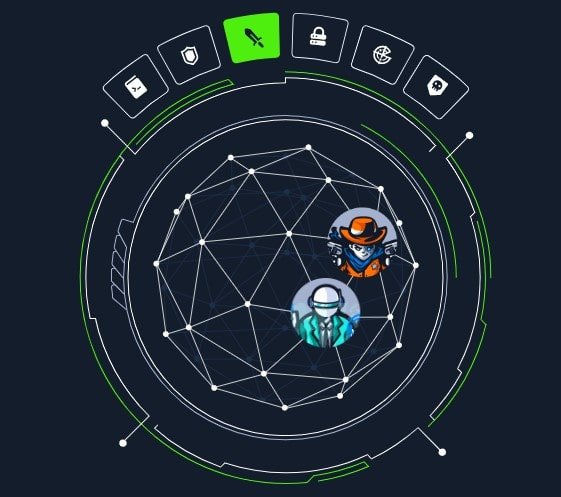
The practice is in live, not simulated virtual IT labs built according to the leading vendors certifications, including: Apart from these CompTIA, Microsoft, Cisco, VMware etc." Our labs were designed to be interactive, and targeted towards a lot of real world experience so learners can hone their practical skills. We work with subject matter experts on networking, security, cloud computing and more, and we create and deliver labs based on these core IT competencies.

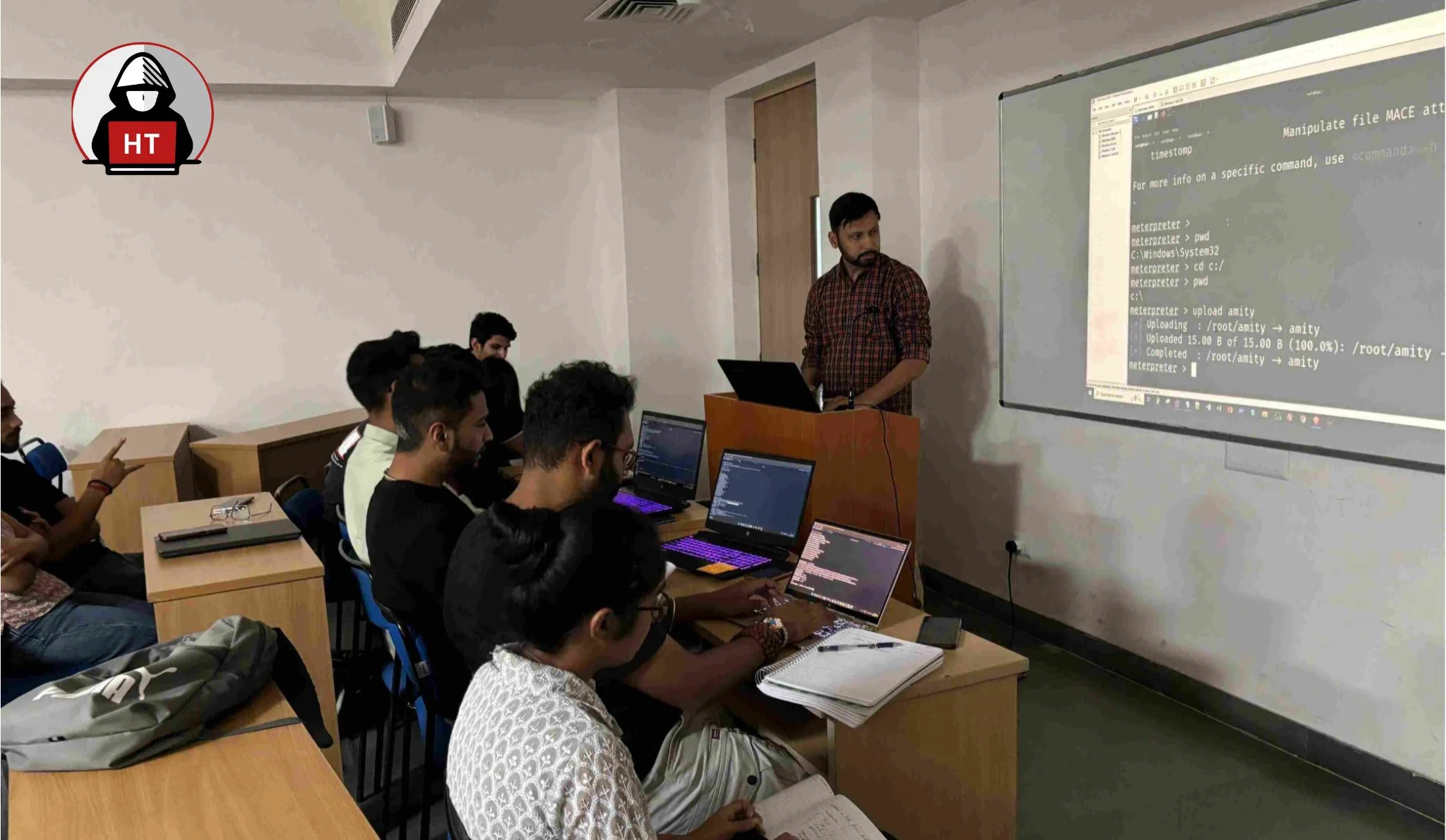
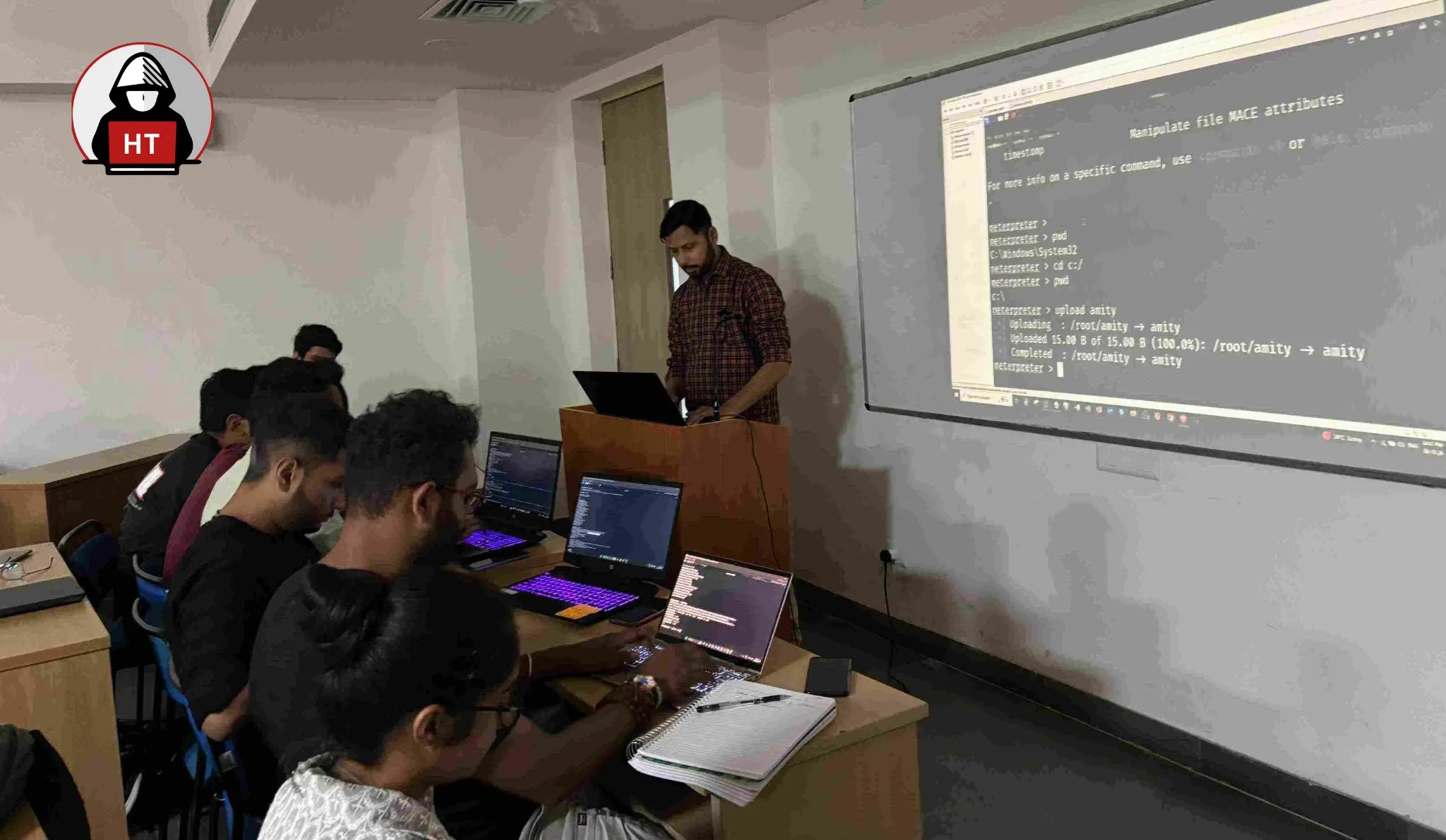
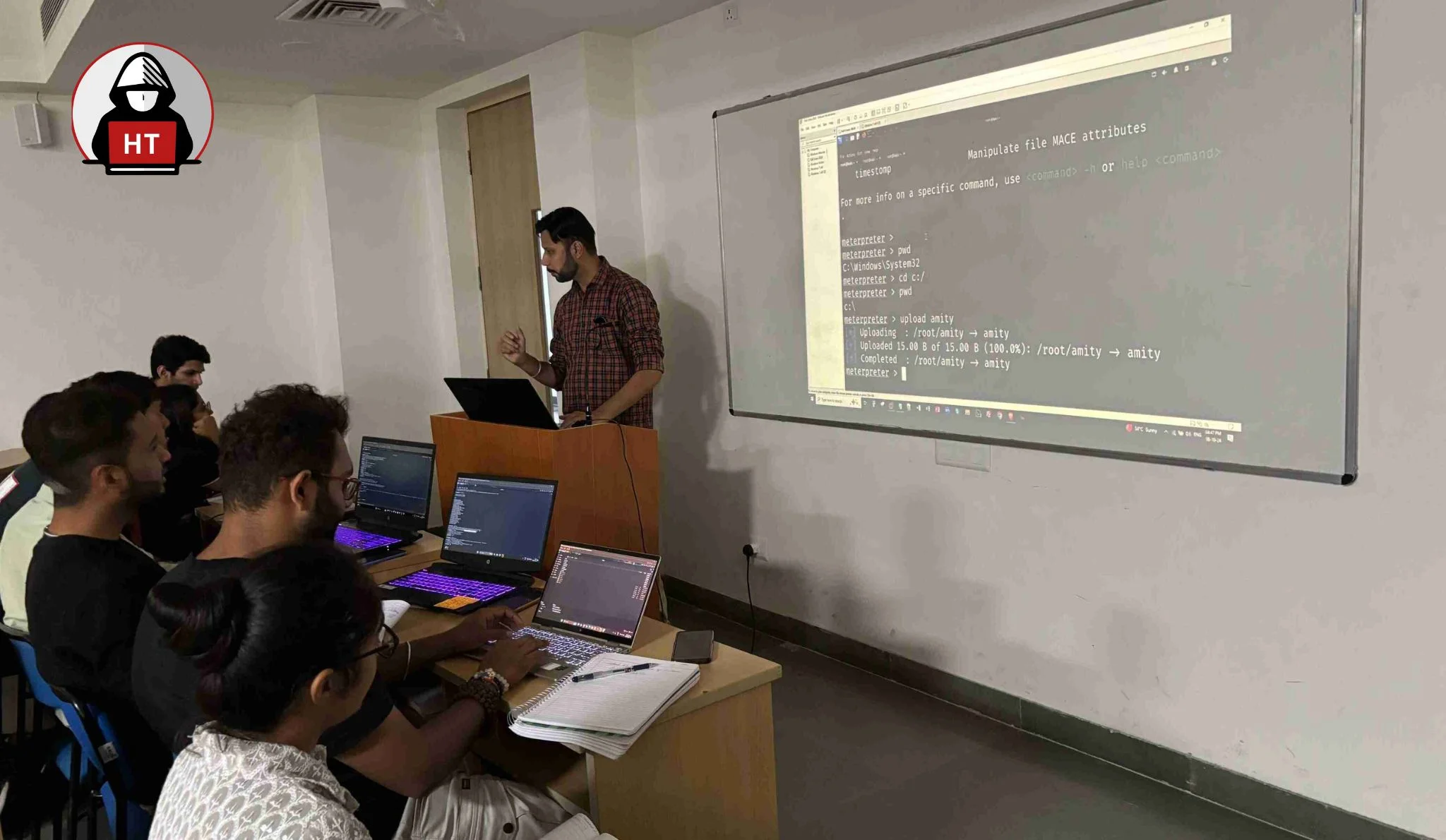
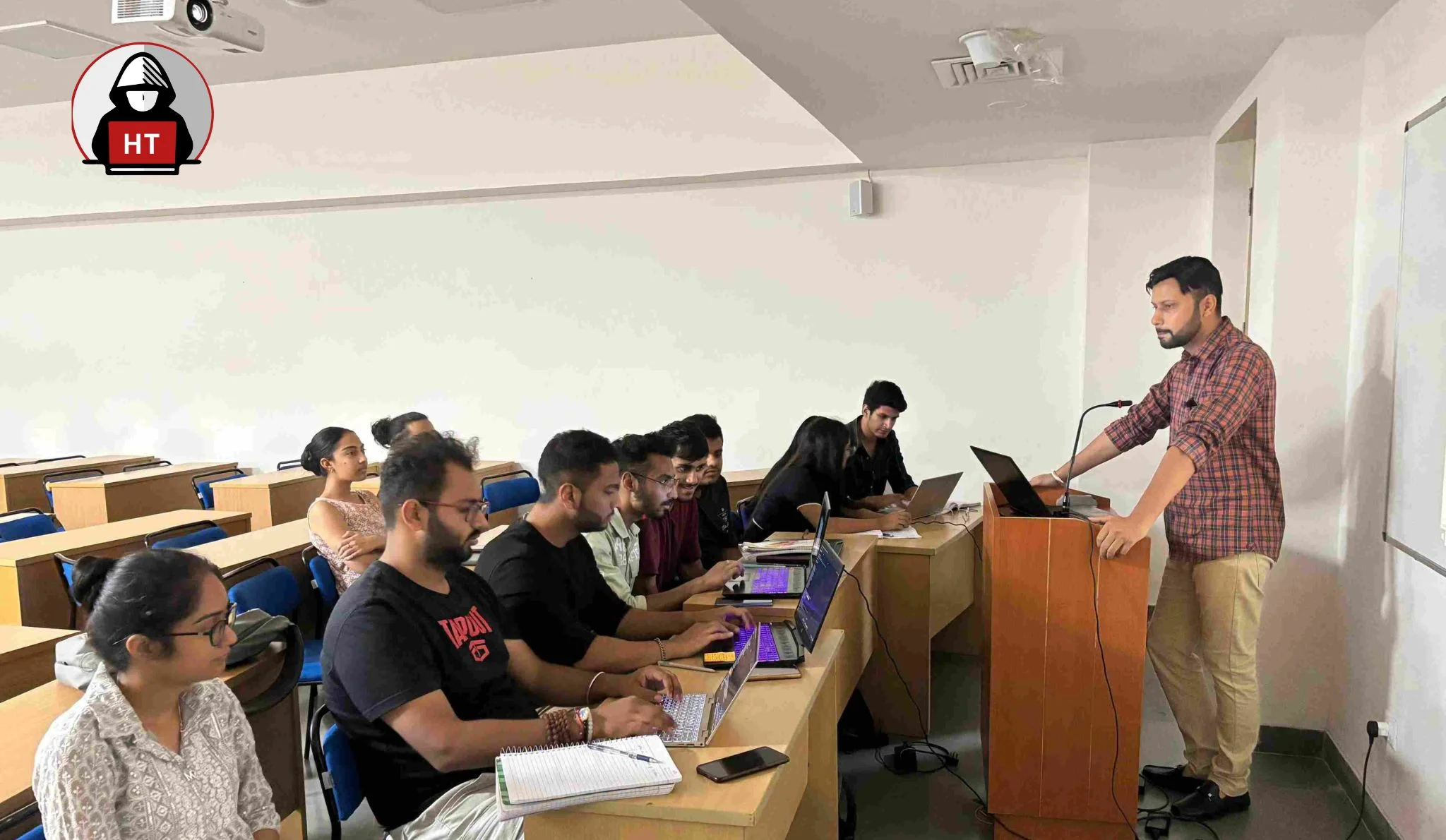
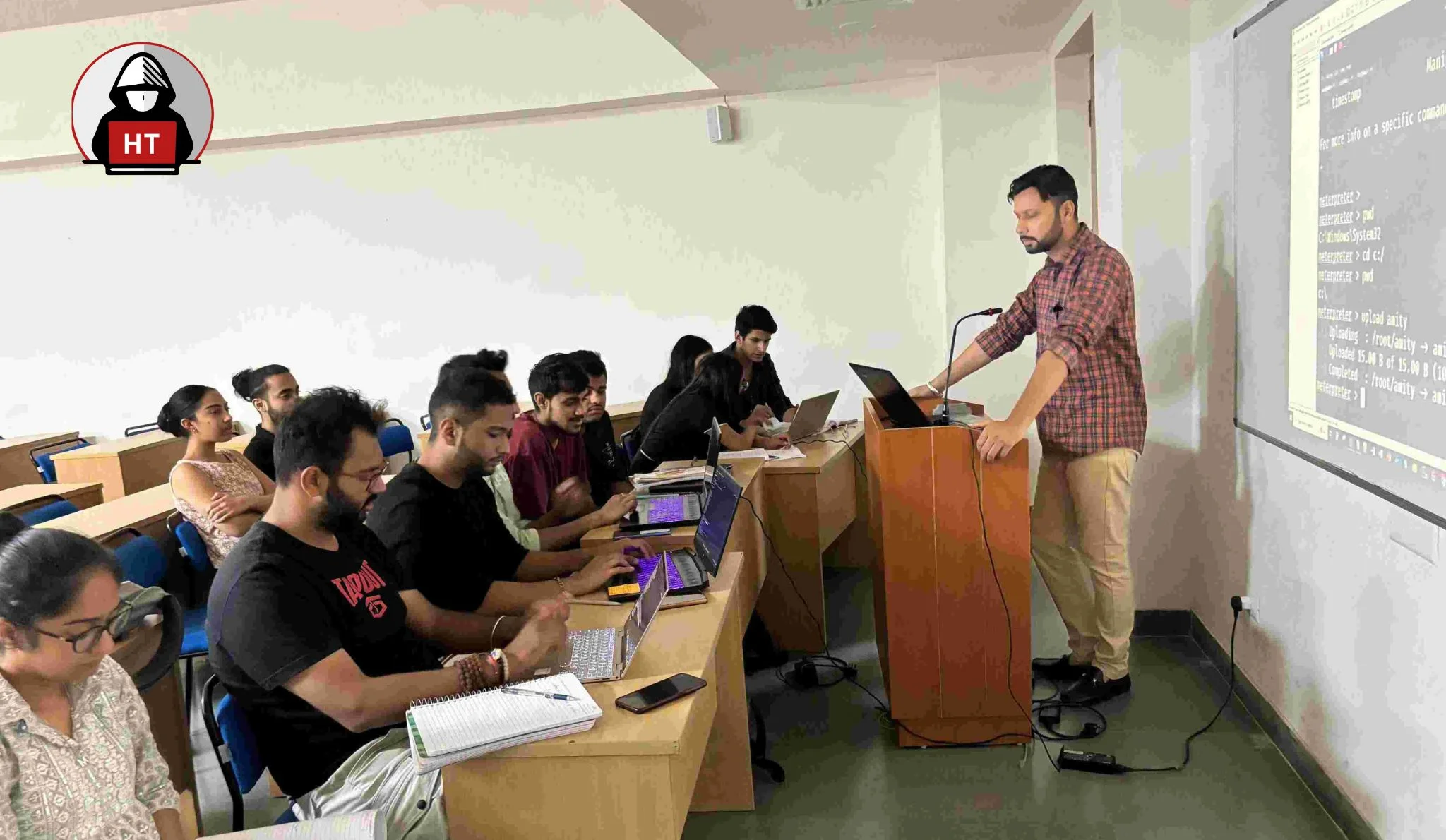
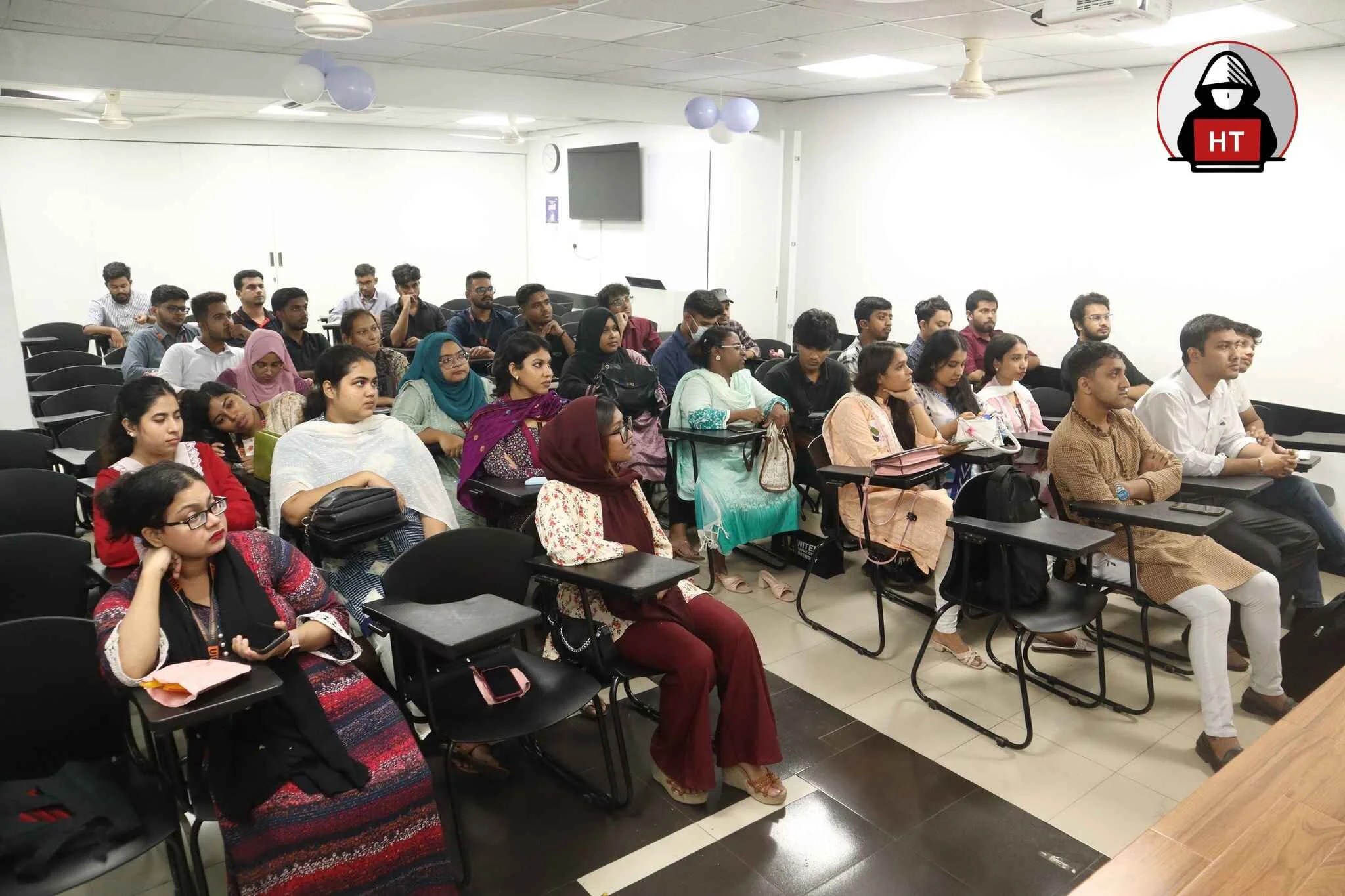
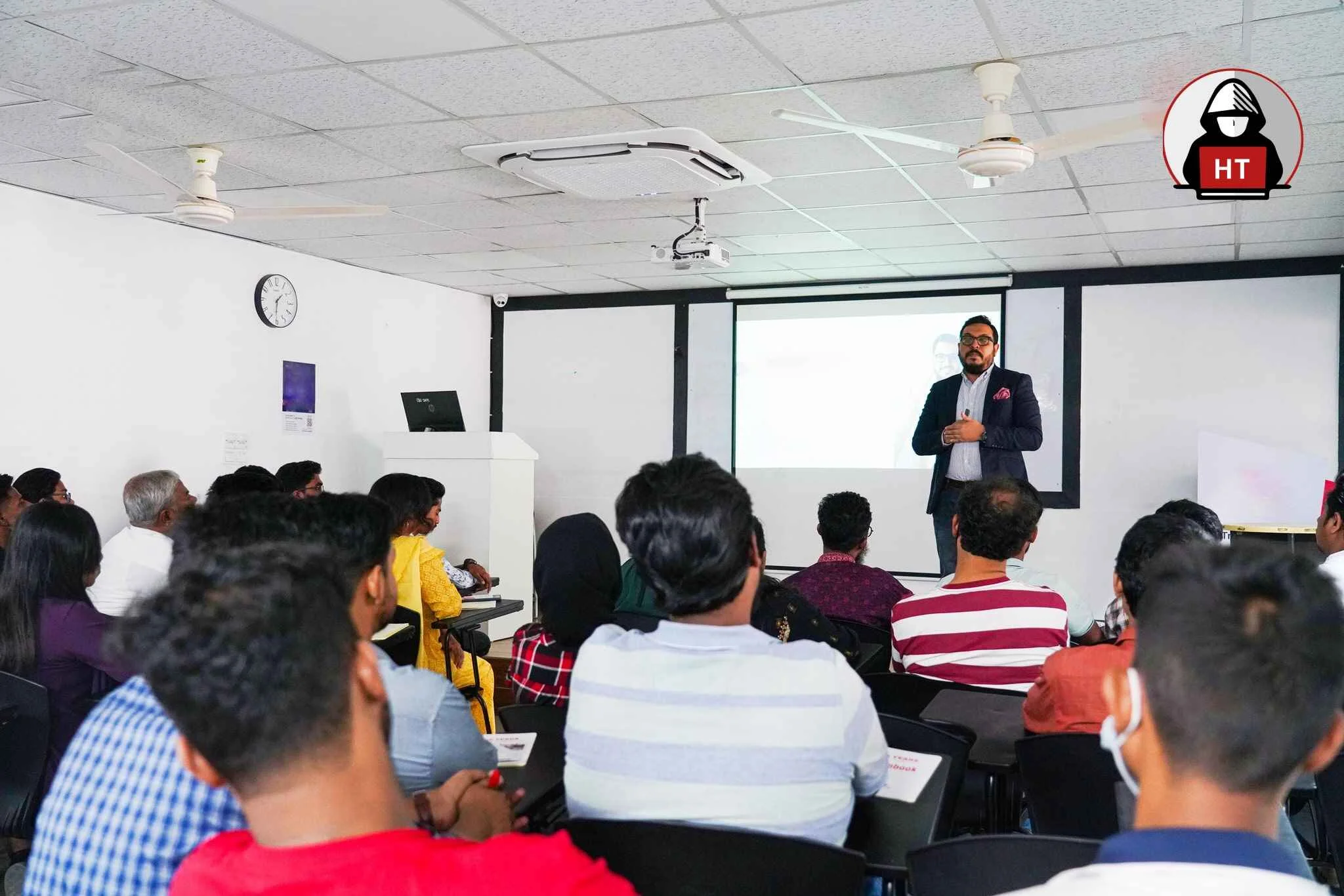
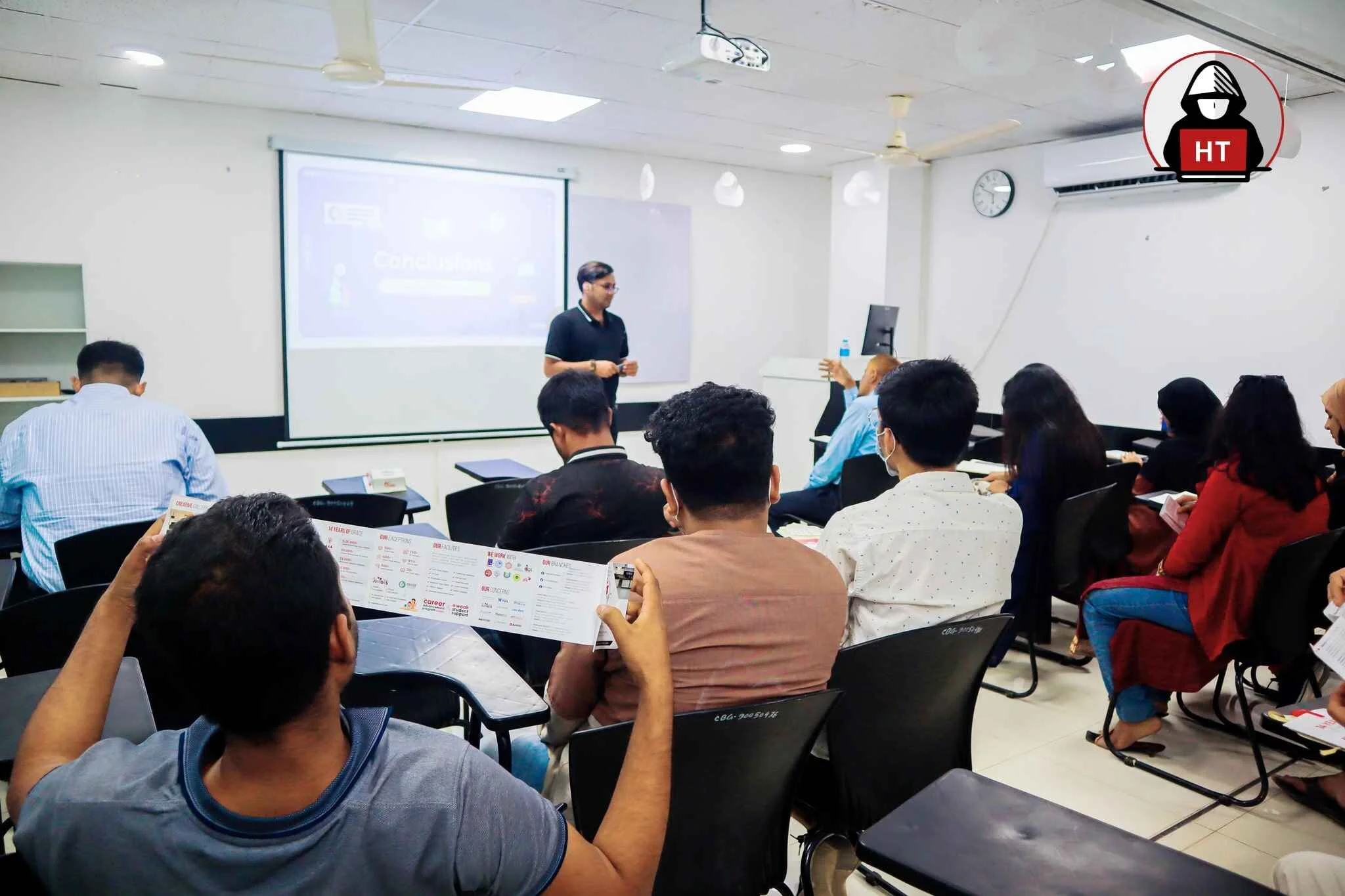
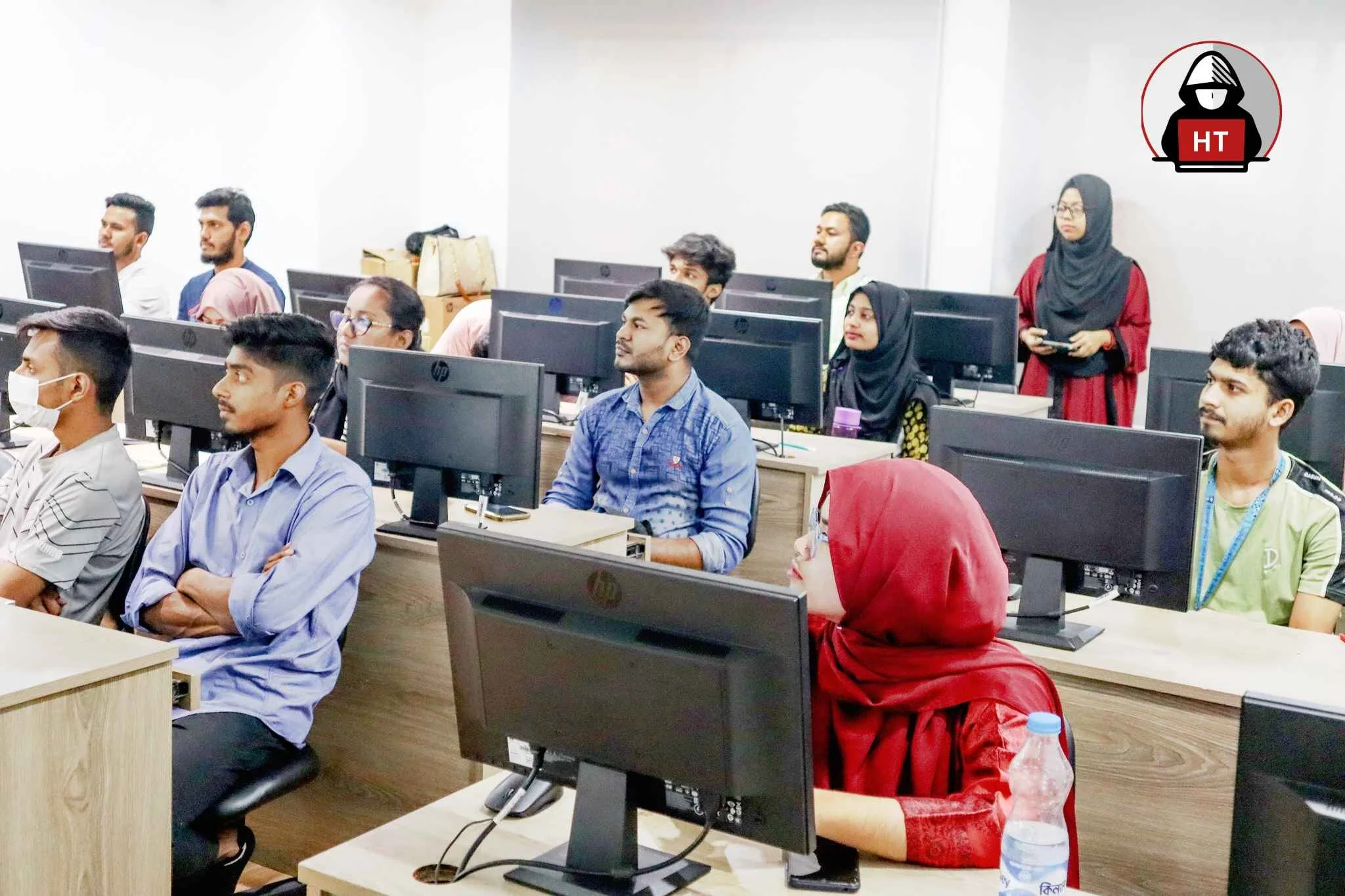
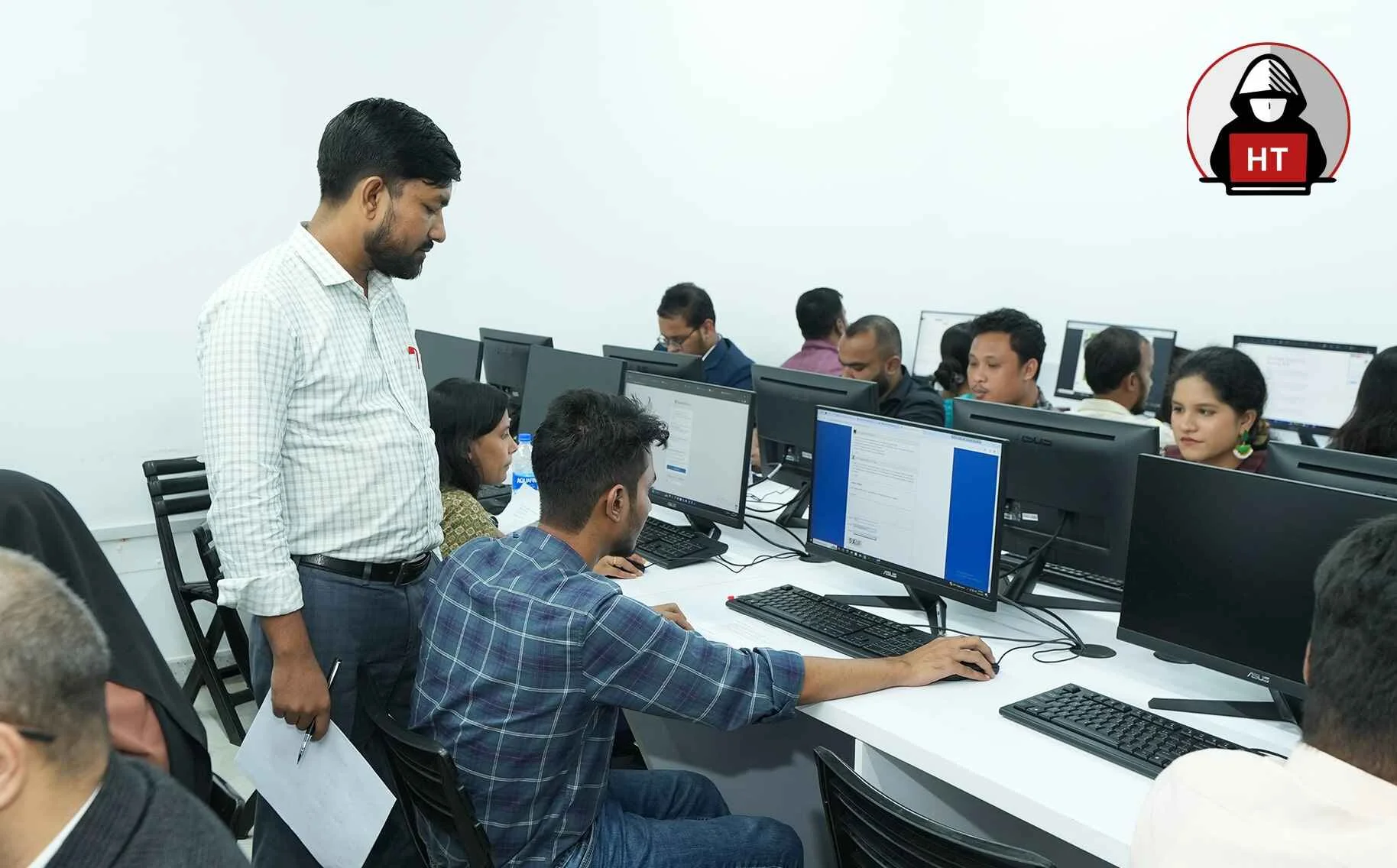
Hacking teacher Learning is here to ensure that you don’t get left behind in a world of technology that is too quickly changing. On a day to day basis, we’re recording and sharing content that can impact your bottom line.

Artificial Intelligence course has revolutionized industries and where the living standards in the world are concerned, because they have many extensive benefits. One of the main benefits of AI is automation that keeps human intervention at bay, on the tedious and long processes. With this coming together, businesses are able to manage operations in a streamlined manner, automate customer service via chatbots, streamline the supply chain and all these lead to cost savings for the business with huge proportions. The work of AI is to analyze large amounts of data as fast as possible and analyze its quality, giving insights that can be used in Strategic Planning or Operational Improvement. Early and accurate disease detection, personalized treatments and drug discovery are only made possible by AI for better outcomes and saving patient lives.
An AI powered tool like predictive analytics allows organizations to predict trends and risks and make decisions earlier than everyone else. On the other hand, personalization – meaning that AI is personalised to users based on their preferences, like suggesting products on e commerce platforms or streaming services content, which leads to users being more satisfied. Applications related with autonomous vehicles which prevents human error, smart systems for the surveillance and prevention of cyber security threats; all help in safety enhancement through automation as opposed to manpower.
It is used in education to build adaptive learning platforms that react to individual learning style preferences to help retain knowledge, but also increase engagement. In other words, AI initiates creativity, ideas, content, and design, propelling the entertainment, business, and architectural industries. It is outpacing traditional methods to solve complex scientific research and environmental monitoring problems by doing so faster. Beyond that, AI is also extended towards sustainability sectors, where resource use is optimized, natural disasters are predicted, and effects of climate change observed.
Governments and organizations in public safety, infrastructure management and in policy development rely on AI. Additionally, natural language processing AI technologies enhance people’s capacity to interact with machines in order to benefit people with disabilities. Nonetheless, issues of ethics and displaced workers notwithstanding, AI presents an ability to turbocharge efficiency, accuracy and creativity in many different industries.
AI applications are found all over the board, advancing efficiencies. At the heart of AI, are applications within healthcare including diagnosing, predicting disease, and personalizing treatment plans. In finance, it runs fraud detection, risk assessment and algorithmic trading. AI helps retail businesses to manage their inventory, run a dynamic pricing strategy, and make personalized recommendations.
AI in transportation provides autonomous vehicles, optimizing routes, route management systems. Predictive maintenance, quality control and robotics for automation are the areas that AI helps manufacturing. It supports targeted advertising, analysis of customer behavior, sentiment tracking in marketing. AI is deployed by Governments for public safety, smart city applications and for policy planning. AI is leveraged by entertainment for content curation, video editing or video game development. And for the environmental, AI may help monitor deforestation, helping optimize energy use and predict natural disasters. The usecases show how AI can tackle the world’s problems and make life better by helping people in a variety of different domains.
From IT professionals, data scientists and engineers, to those in business wanting to apply AI in their sector, AI courses have something for everyone. Most courses have different levels of courses up to the advance level to match varied expertise.
By course level, prerequisites vary. Basic mathematical knowledge and logical thinking is all the beginner level course requires. For example, more advanced courses may have prerequisites in Python programming languages, a basic knowledge of statistics and knowledge of algorithms or data structures.
Career Paths of AI engineers, machine learning specialists, data scientists, NLP engineers, robotics developers and AI consultants are open to graduates of AI courses. As more industries like healthcare, finance, and education, and technology are beginning to adopt AI, there is a great demand for skilled professionals.
The majority of AI courses have hands on projects and case studies so that students have practical experience. Learners work on real world applications such as building chatbots, recommendation systems or predictive models both to gain confidence in applying AI techniques in a professional setting and to get a genuinely rewarding learning experience.

Interview wifi Hacking

Life of Hacking Teacher

Microsoft on Vishal Sharma

Software Engineer at SwiftByte
“Fantastic course! The instructors at Hacking Teacher have done an incredible job. The content on Artificial Intelligence and Machine Learning is comprehensive yet easy to understand, and the hands-on projects really solidify the learning. I’ve gained valuable skills in neural networks and deep learning that I can immediately apply in my job. Definitely worth the investment!”

Software Engineer at Bright
“Solid foundation in Artificial Intelligence and Machine Learning. The course covers all the essentials and provides a good starting point for beginners. I appreciated the practical examples and real-world applications. However, I wish there were more in-depth discussions on advanced topics like reinforcement learning. Overall, a worthwhile course for those new to AI/ML.”

Data Analysis at TechNest
“Average experience with the AI/ML course by Hacking Teacher. While the content was informative, I found it to be somewhat outdated. It would benefit from more updates to include cutting-edge advancements in AI and ML. Additionally, the course platform could be more user-friendly. Overall, it’s an okay option for beginners, but there are better alternatives out there.”
FAQ
Our online courses are tailored to your specific needs, whether you are an experienced senior executive or a rookie leader.
Lorem ipsum, dolor sit amet consectetur adipisicing elit. Eum laborum qui tempora numquam!
The course in Artificial Intelligence (AI) explains the basics and methods of AI such as machine learning, deep learning, natural language processing and neural networks.
The duration varies: While basic courses can take just a few weeks, advanced programs can sometimes span 3 – 6 months.
Most often the basic knowledge of the programming (especially Python) mathematics (Linear algebra, Probability, Calculus) is necessary.
Some of the best AI courses include Stanford University's CS231n: From the course Convolutional Neural Networks for Visual Recognition and in the Deep Learning Specialization by Andrew Ng on Coursera.
While you can do an introduction to AI course in 1 month, you really have to spend more time on mastering some of the more advanced topics.
A Master's in Artificial Intelligence or Postgraduate Diploma in AI is the best diploma to gain expertise and hands on experience.
AI engineer, data scientist, machine learning engineer, AI researcher, robotics engineer are the possible careers in AI.
Sure, you can learn through the medium of Coursera, edX and YouTube – but hands on practice and building projects are an important facet of becoming an AI master.
A great beginner friendly certification is The AI For Everyone course by Andrew Ng on Coursera.
To get started, you must have strong programming (Python is the favorite), mathematics (linear algebra, probability, statistics), and machine learning basics knowledge.
You need to have some basic programming skills (Python is preferred); basic understanding of mathematics (linear algebra and statistics, calculus is preferable); be interested in machine learning and data science.
Ethical hacking and penetration testing is not about Artificial Intelligence, no, OSCP (or Offensive Security Certified Professional) is not. The best AI courses are the ones that teach concepts behind machine learning and AI, not cybersecurity.
While it isn’t easy to get the hang of, particularly if you’re new to programming or advanced mathematics, if you’re dedicated and put in the work, you’ll be able to do it.
Platforms like Coursera, edX, Udacity or universities itself offer AI courses, and there are specialized providers to train you on AI.